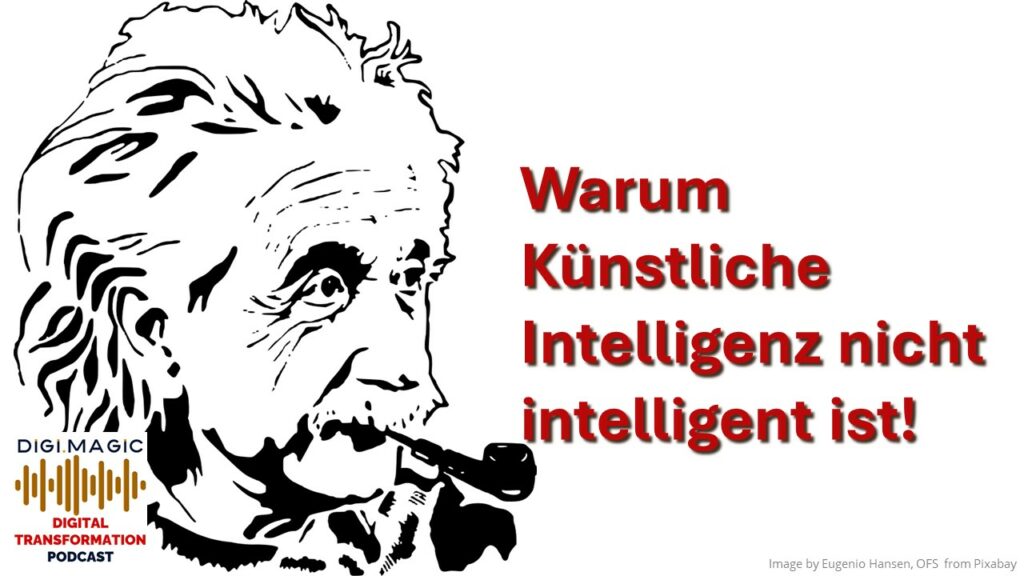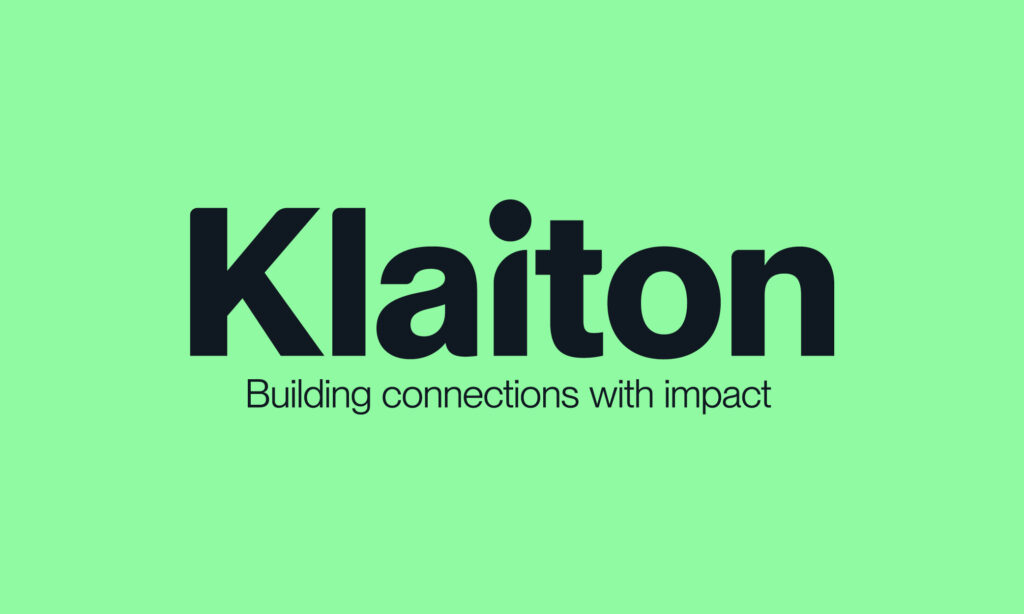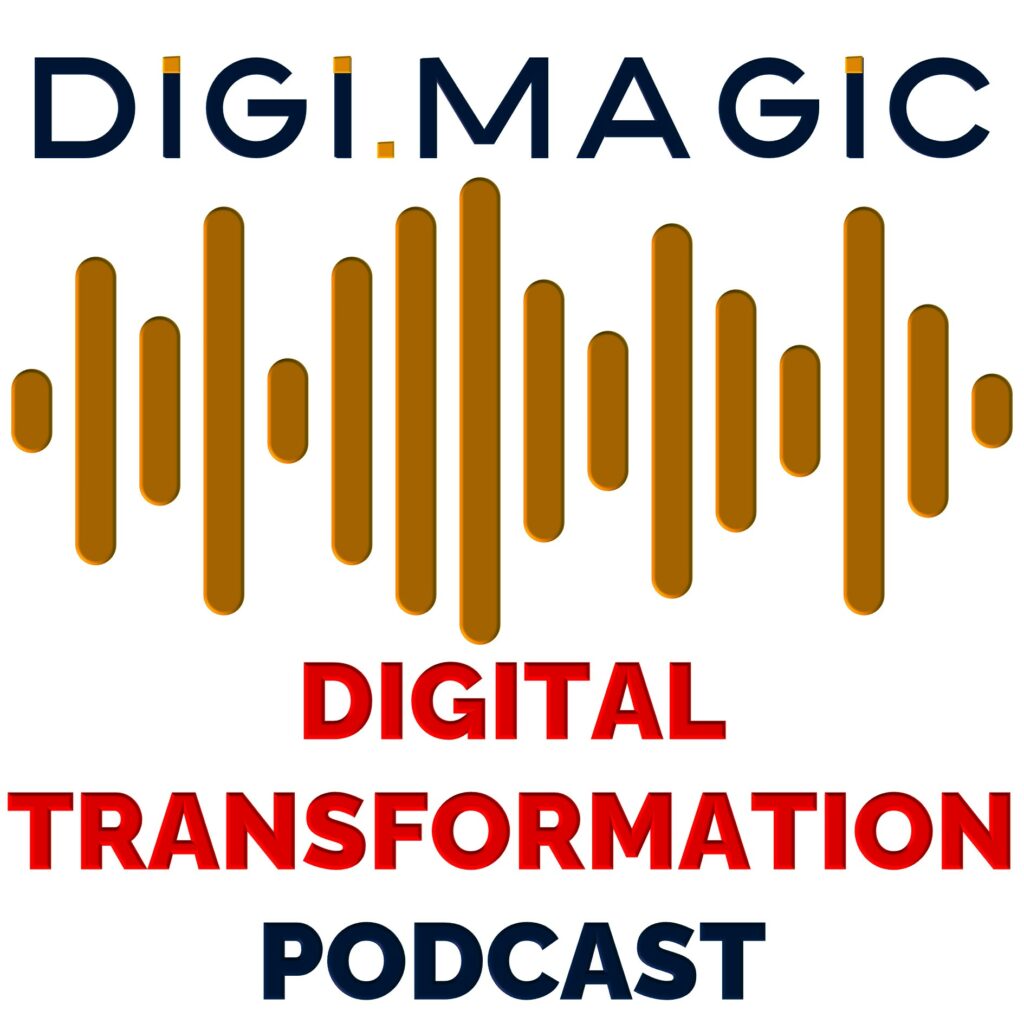Claus Michael Sattler - Why artificial intelligence is not intelligent!

Artificial intelligence (AI) has grown enormously in importance in recent years and is being used in various fields, from medicine to finance, from journalists to lawyers. But despite its name and its far-reaching application possibilities, there are arguments that AI is not really intelligent.
AI is based on statistics and stochastics
A fundamental characteristic of AI is its dependence on statistical models and stochastic processes. These models enable machines to recognize patterns in data and make predictions. But these predictions are based solely on statistical probabilities and are not the result of real understanding or awareness.
Lack of real understanding
While AI is capable of solving complex problems and mimicking human-like behaviors, it lacks a deeper understanding of the world around it. It cannot grasp any real meaning behind the data and has no awareness of the context in which it works.
Lack of creativity and emotional understanding
One of the most striking characteristics of human intelligence is its capacity for creativity and emotional understanding. AI systems can recognize patterns and generate solutions, but they are not able to be truly creative or understand emotions. Everything they do is based on pre-programmed algorithms.
Limited adaptability
While AI systems can learn and adapt to new data, their ability to adapt is limited. They can only learn what they have been programmed for and cannot spontaneously adapt to new situations or understand abstract concepts.
Conclusion
Despite its far-reaching application possibilities and its ability to solve complex problems, artificial intelligence is not intelligent in the true sense of the word. It is based on statistical models and stochastic processes that do not reflect any real intelligence or understanding of the world around them.
Sources
- Müller, V. C. (2019). “Artificial Intelligence: A Guide for Thinking Humans.” Farrar, Straus and Giroux.
- Marcus, G. (2018). “Deep Learning: A Critical Appraisal.” arXiv preprint arXiv:1801.00631.
- Russell, S., & Norvig, P. (2016). “Artificial Intelligence: A Modern Approach.” Pearson.
Contact Details
Formal / Legal
Claus Michael Sattler
(Master Craftsman / Business Economist)
P.O.-Box 1142
28833 Weyhe
Germany
Telephone: 0049 (174) 6031377
Email: cmsattler@cmsattler.de
This website is not a commercial site, but my personal business card.
China-Consulting-Partner
Contact Details
Telefon: 0049 (151) 28841087
E-Mail: rs@china-consulting-partner.com
Internet: https://www.china-consulting-partner.com
Contact Details
Telephone: 0049 (151) 28841087
email: rs@china-consulting-partner.com
internet: https://www.china-consulting-partner.com
In order to facilitate the flow of reading, we generally restrict ourselves to male designations in the course of the text. We expressly emphasize that all people – regardless of gender, nationality, ethnic and social origin, religion/belief, limitations, age and sexual orientation – are equally welcome here.
















